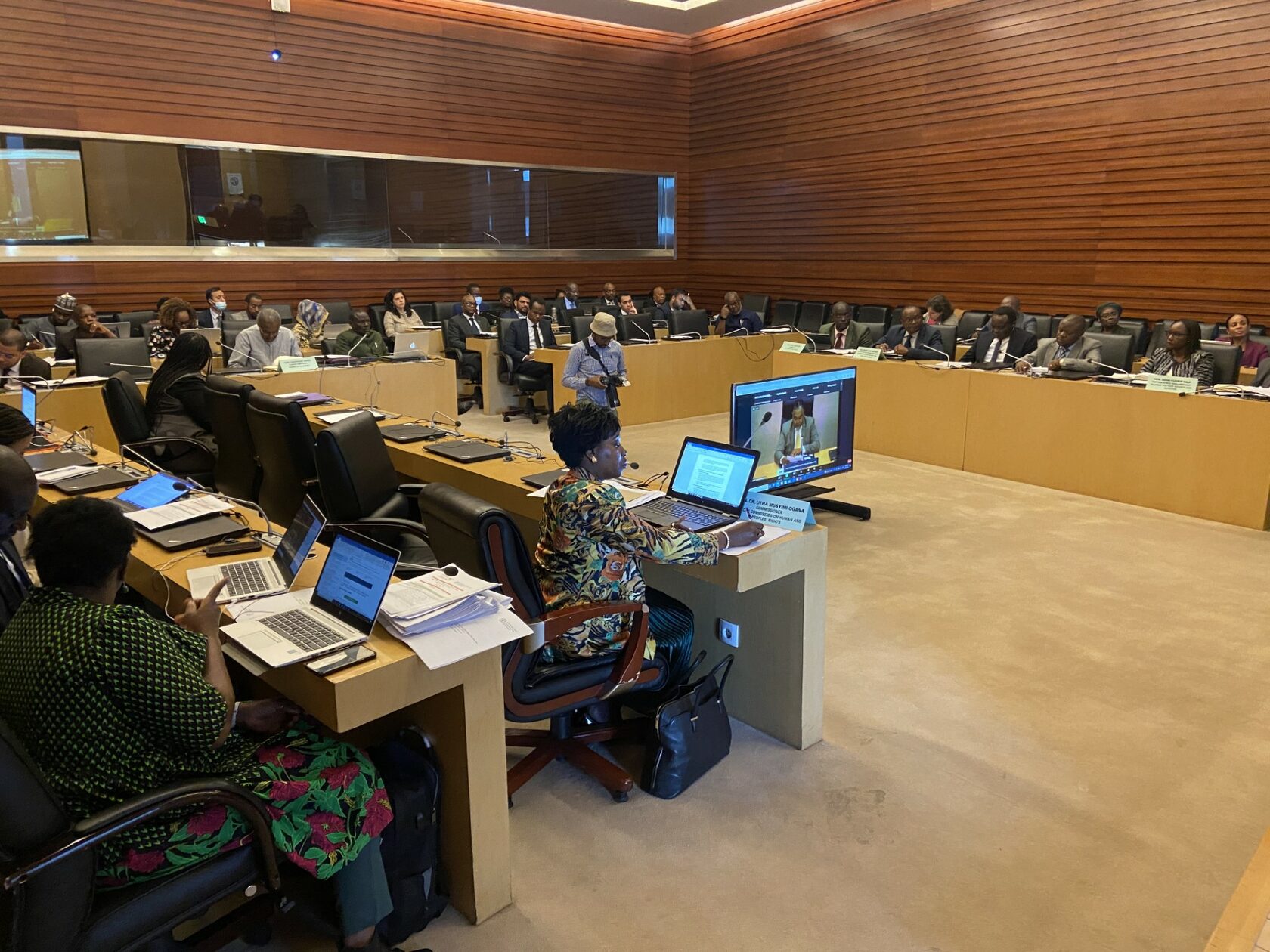Africa, with its rich cultural diversity and abundant resources, holds immense potential for economic advancement. However, unlocking this potential requires a multifaceted approach that addresses various challenges faced by the continent. In this blog post, we'll explore several key strategies to promote economic growth and prosperity in Africa.
Investment in Education and Skills Development:
One of the fundamental pillars of economic advancement is investing in education and skills development. Governments and private organizations must work together to improve access to quality education, vocational training, and technological literacy. By equipping the African workforce with the necessary knowledge and skills, they become more competitive and adaptable in the global marketplace.
•Empowering Small and Medium-Sized Enterprises (SMEs):
SMEs are the backbone of any thriving economy. In Africa, empowering these enterprises can lead to significant economic growth and job creation. Initiatives such as providing access to microloans, mentoring programs, and fostering innovation ecosystems can nurture the growth of SMEs and unleash their potential.
•Infrastructure Development:
A well-developed infrastructure is vital for economic progress. Investment in transportation, energy, and communication networks is essential to boost productivity and facilitate the movement of goods and services. Improved infrastructure attracts foreign investment and creates a conducive environment for businesses to thrive.
•Harnessing Technological Advancements:
Technology can be a game-changer in driving economic advancement in Africa. Embracing innovations such as mobile banking, renewable energy, and e-commerce can revolutionize industries and improve the quality of life for millions. Governments should encourage innovation, research, and development to create a technology-driven economy.
Investment in Education and Skills Development:
One of the fundamental pillars of economic advancement is investing in education and skills development. Governments and private organizations must work together to improve access to quality education, vocational training, and technological literacy. By equipping the African workforce with the necessary knowledge and skills, they become more competitive and adaptable in the global marketplace.
•Empowering Small and Medium-Sized Enterprises (SMEs):
SMEs are the backbone of any thriving economy. In Africa, empowering these enterprises can lead to significant economic growth and job creation. Initiatives such as providing access to microloans, mentoring programs, and fostering innovation ecosystems can nurture the growth of SMEs and unleash their potential.
•Infrastructure Development:
A well-developed infrastructure is vital for economic progress. Investment in transportation, energy, and communication networks is essential to boost productivity and facilitate the movement of goods and services. Improved infrastructure attracts foreign investment and creates a conducive environment for businesses to thrive.
•Harnessing Technological Advancements:
Technology can be a game-changer in driving economic advancement in Africa. Embracing innovations such as mobile banking, renewable energy, and e-commerce can revolutionize industries and improve the quality of life for millions. Governments should encourage innovation, research, and development to create a technology-driven economy.

•Promoting Inclusive Growth and Gender Equality:
Inclusive growth ensures that economic benefits are distributed equitably across society. Empowering marginalized communities and promoting gender equality in the workforce can unlock the potential of millions of individuals who have been historically underrepresented. When all citizens have equal access to opportunities, the entire economy thrives.
•Enhancing Regional Trade and Integration:
Promoting regional trade and integration can lead to economic synergies and greater market access for African nations. Harmonizing trade policies, reducing trade barriers, and encouraging intercontinental cooperation can create a robust regional economic bloc that strengthens Africa's position in the global economy.
•Sustainable Development and Environmental Protection:
A sustainable approach to economic advancement is crucial to preserve Africa's natural resources and protect the environment. Encouraging green industries, renewable energy, and responsible resource management can lead to both economic growth and environmental stewardship.
Promoting economic advancement in Africa requires a comprehensive approach that addresses the unique challenges and opportunities on the continent. By investing in education, empowering SMEs, developing infrastructure, embracing technology, promoting inclusivity, enhancing regional trade, and practicing sustainable development, Africa can unlock its tremendous potential for prosperity. Collaboration between governments, private sectors, and international organizations is key to ensuring a brighter and more prosperous future for the continent and its people.
Inclusive growth ensures that economic benefits are distributed equitably across society. Empowering marginalized communities and promoting gender equality in the workforce can unlock the potential of millions of individuals who have been historically underrepresented. When all citizens have equal access to opportunities, the entire economy thrives.
•Enhancing Regional Trade and Integration:
Promoting regional trade and integration can lead to economic synergies and greater market access for African nations. Harmonizing trade policies, reducing trade barriers, and encouraging intercontinental cooperation can create a robust regional economic bloc that strengthens Africa's position in the global economy.
•Sustainable Development and Environmental Protection:
A sustainable approach to economic advancement is crucial to preserve Africa's natural resources and protect the environment. Encouraging green industries, renewable energy, and responsible resource management can lead to both economic growth and environmental stewardship.
Promoting economic advancement in Africa requires a comprehensive approach that addresses the unique challenges and opportunities on the continent. By investing in education, empowering SMEs, developing infrastructure, embracing technology, promoting inclusivity, enhancing regional trade, and practicing sustainable development, Africa can unlock its tremendous potential for prosperity. Collaboration between governments, private sectors, and international organizations is key to ensuring a brighter and more prosperous future for the continent and its people.
